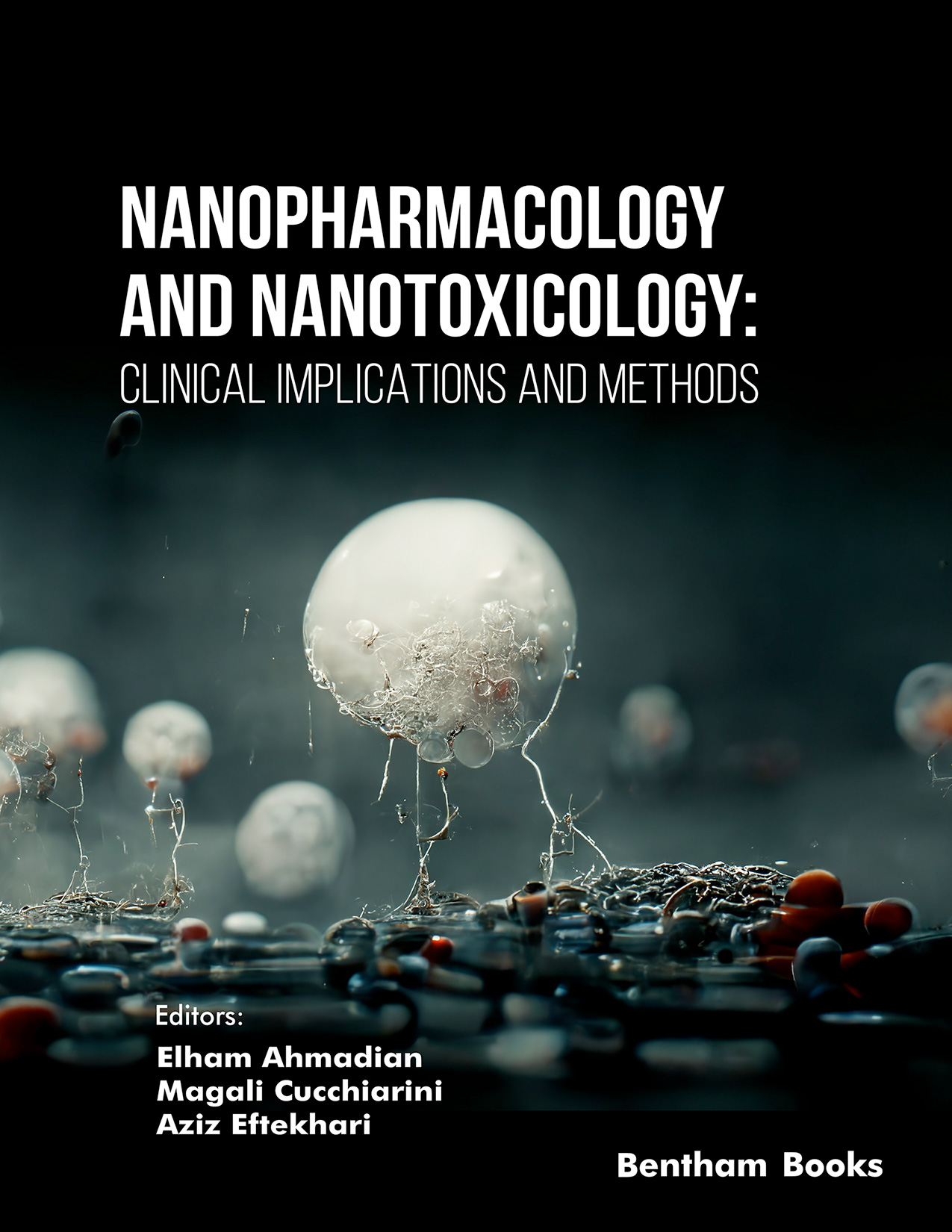Introduction
This book explains key concepts and applications of nanotechnology in clinical medicine and pharmacology. The chapters have been contributed by experts and provide a broad perspective about the current and future developments in pharmacology, toxicology, cell biology, and materials science.
The book is divided into 2 main sections. The first section concerns nanobiotechnology for human health including gastrointestinal disease, kidney diseases, pulmonary disorders, reproductive system, COVID-19, and cancer.
The second section is devoted to toxicological aspects of nanomaterials which involve toxicological assessments of nanotherapeutics and potential solutions for nanotoxicology.
Key Features
- Emphasizes the high degree of interdisciplinary research in pharmacology, toxicology and nanoscience
- Summarizes the results of theoretical, methodological, and practical studies in different medical subspecialties
- Includes special topics such as novel nanotoxicology assessment methods and nano vaccines
- Includes references for further reading
Audience:
Researchers and readers in science, medicine, pharmacology and toxicology

